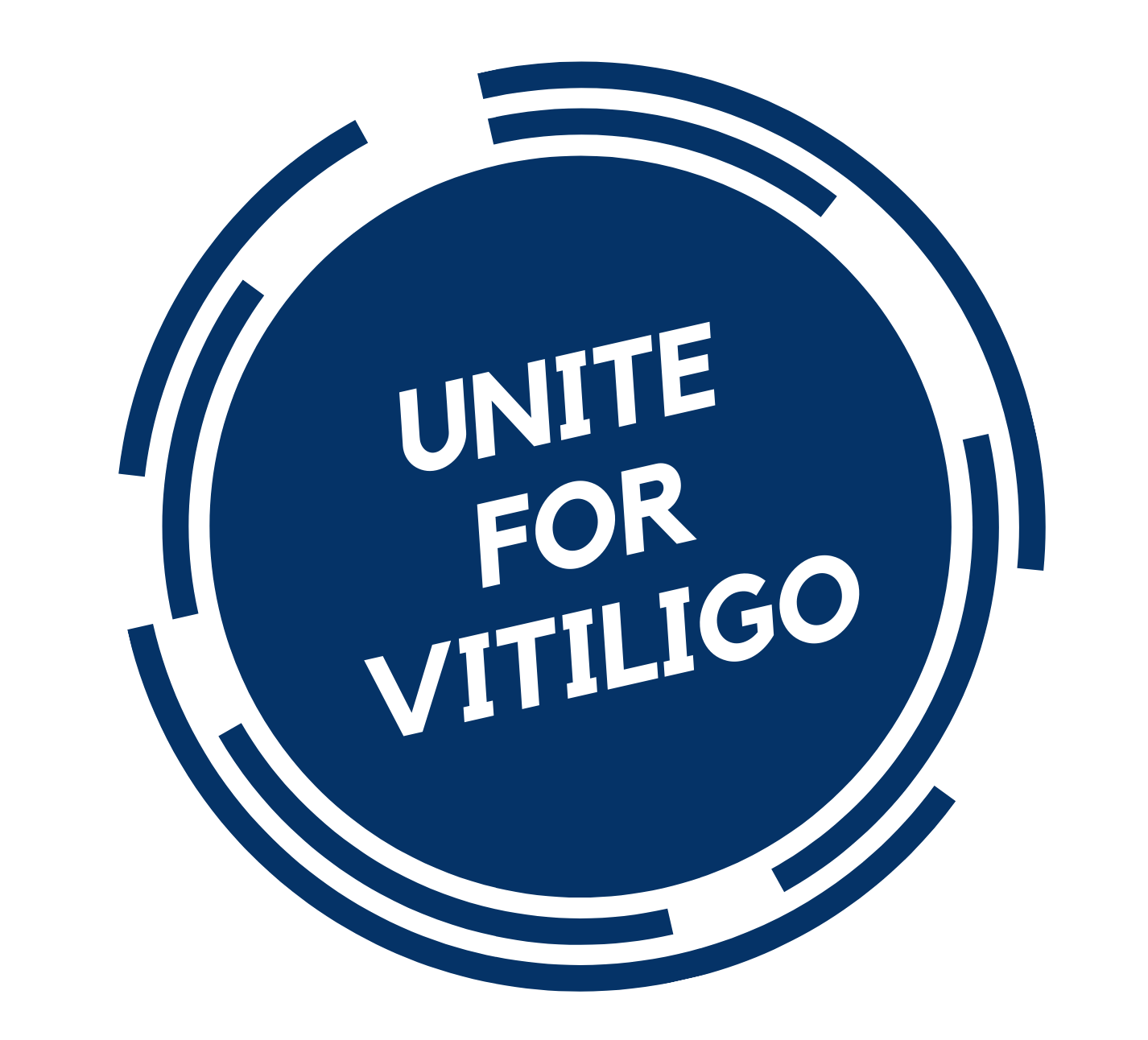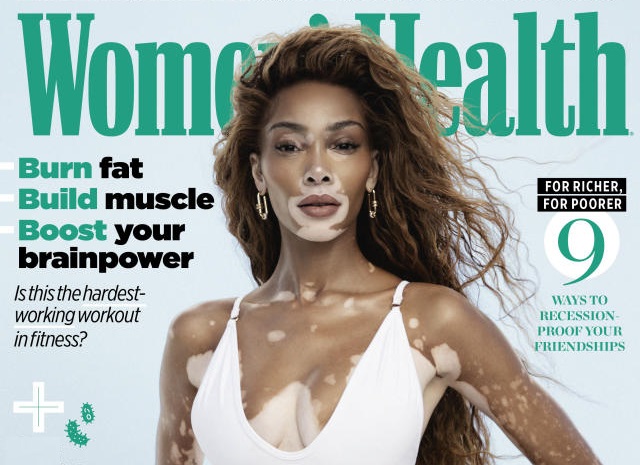Last month, supermodel Winnie Harlow was featured as the cover star of Women’s Health’s June issue. The interview given to the magazine highlighted her journey as a boundary-breaking model who has become a symbol of unique beauty. In the interview featured in the issue, Winnie spoke openly about-facing rejection in her early modeling days and the importance of staying true to herself. She also shared the story behind her chosen moniker, inspired by Winnie the Pooh and Marilyn Monroe’s idol, Jean Harlow. Winnie’s experience with sunburn during a photoshoot led her to create her own line of sun protection and skincare products called Cay Skin. She emphasized the empowering nature of having one’s hair done, particularly for Black women. The supermodel also discussed her fitness routine and the impact it has on her confidence. Here are three key lessons learned from the interview.
Embrace uniqueness and inspire others
Winnie Harlow’s journey as the first world-famous model with vitiligo teaches us the importance of embracing our unique qualities and using them to inspire others. Despite facing bullying and insecurities, Winnie has become a source of inspiration for women worldwide by confidently embracing her skin and encouraging others to do the same.
Overcome obstacles with perseverance
Winnie’s story highlights the significance of perseverance and determination in achieving one’s goals. Despite facing rejection and being told to pursue a different career path, Winnie Harlow remained resilient and continued to pursue her dream of becoming a model. Her story reminds us of the power of faith, strength, and perseverance in overcoming obstacles and reaching our aspirations.
The impact of representation
Winnie’s rise to fame has brought attention to vitiligo and increased the representation of people with this condition in the beauty and fashion industries. Her presence on magazine covers, campaigns, and runways has shattered stereotypes and contributed to greater inclusivity. Winnie’s journey emphasizes the importance of representation in empowering individuals who have felt marginalized or insecure about their appearance.

